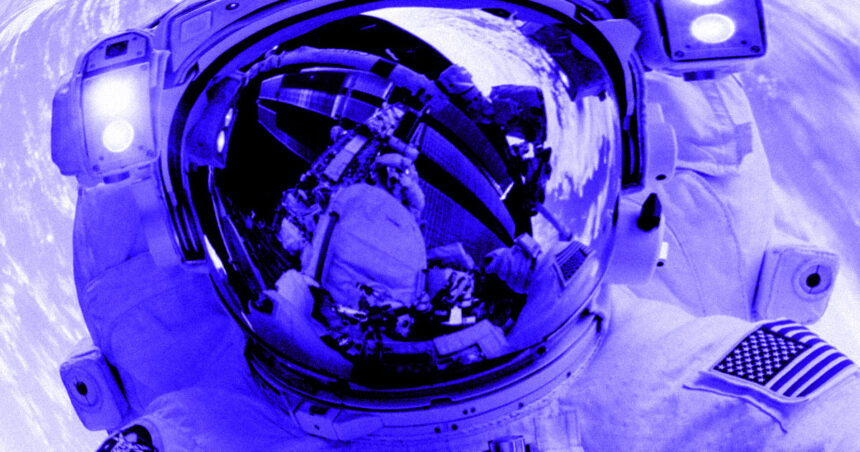Experts from the Universities of Antwerp and Liège in Belgium have discovered how the human brain adapts to weightlessness after six months in space. Some of the changes proved to be permanent, even eight months after returning to Earth.
A recent study on cosmonaut brain function has revealed how the organization of the brain is altered after a six-month trip to the International Space Station (ISS), revealing the adaptability required to live in weightlessness.
The results have been reported in Communications Biology.
“We acquired resting-state fMRI data of cosmonauts before, shortly after, and eight months after spaceflight as a follow-up to assess global connectivity changes over time,” according to the study’s authors.
“Our results show persisting connectivity decreases in posterior cingulate cortex and thalamus and persisting increases in the right angular gyrus. Connectivity in the bilateral insular cortex decreased after spaceflight, which reversed at follow-up.”


